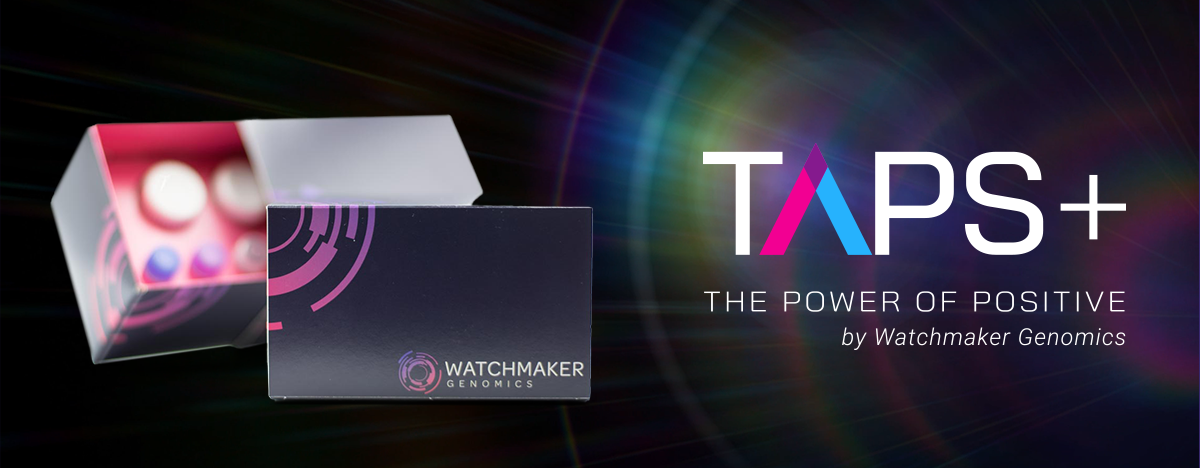TAPS+ chemistry preserves DNA integrity in challenging samples including FFPE tissue and circulating tumor DNA.
Watchmaker Genomics has launched TAPS+, a technology that enables simultaneous detection of methylation and genetic variants from the same DNA molecule for oncology applications.
The platform uses chemistry that converts only methylated cytosines to thymines while leaving unmethylated cytosines unchanged, preserving the natural four-base complexity of DNA. This approach differs from traditional bisulfite treatment methods, which convert sequence diversity from four bases to three and can damage DNA.
TAPS+ is designed to work with challenging clinical samples, including formalin-fixed paraffin-embedded (FFPE) tissue and circulating tumor DNA (ctDNA). The workflow can be completed in six hours and is designed for automation compatibility.
The technology offers platform-agnostic compatibility across sequencing systems. At the ASHG 2025 Annual Meeting, Roche presented feasibility results generated on an unreleased instrument, while Ultima Genomics demonstrated TAPS+ performance on the UG 100.
Clinical Applications and Early Results
More than 50 early evaluators have tested the technology. Dr Matija Snuderl, director of molecular pathology at NYU Langone Health, has used TAPS+ for combined genomic and epigenomic profiling in tumor analysis.
“With TAPS+, we can directly detect 5mC alongside genetic drivers, even from difficult samples like FFPE or ctDNA from cerebrospinal fluid,” says Snuderl in a release. “The combination of a unified workflow and improved chemistry delivers the kind of multimodal insight we’ve been waiting for in precision oncology.”
Snuderl will present results at the Association for Molecular Pathology 2025 Annual Meeting on Nov 12 in a presentation titled “Integrated Genomic–Epigenetic Profiling of CNS Tumors with TAPS+ for Direct 5mC Detection from ctDNA and FFPE.”
Broader Laboratory Integration
The chemistry is designed to integrate with existing laboratory workflows across multiple sequencing platforms. Unlike some methylation technologies with restrictive licensing, Watchmaker notes in a release that it aims to enable broad access to TAPS+ for research and diagnostic applications.
Potential applications include translational oncology, early cancer detection, therapy response monitoring, fragmentomics, and minimal residual disease assessment. The technology may also support research in developmental biology, aging, and neurobiology applications.
The platform-agnostic approach allows laboratories to integrate the technology within existing sequencing ecosystems without requiring new instrumentation.
Photo caption: TAPS+
Photo credit: Watchmaker Genomics





